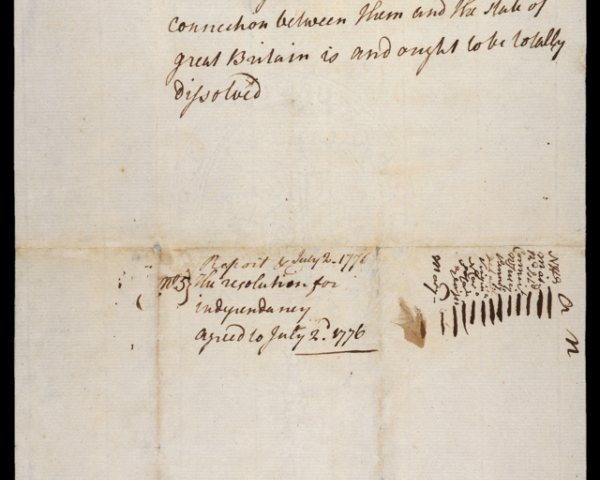Mother Teresa, also known as Saint Teresa of Calcutta, was a remarkable humanitarian and Catholic nun who dedicated her life to serving the poorest of the poor in the slums of Calcutta, India. Born in Albania, she dedicated her life to the destitute, and her selfless and unwavering commitment to alleviating the suffering of the most vulnerable in society earned her worldwide recognition and admiration. On October 17, 1979, Mother Teresa was awarded the Nobel Peace Prize, a well-deserved honor for her extraordinary work.
The Norwegian Nobel Committee announced its decision to award the coveted prize to the 69-year old nun after considering 56 candidates, among them President Jimmy Carter of the United States, President Urho Kekkonen of Finland and Polish Cardinal Stefan Wyszynsky, according to reports at the time.
The Nobel Peace Prize is one of the most prestigious awards in the world, given to individuals and organizations who have made significant contributions to the promotion of peace and the resolution of conflicts. Mother Teresa’s selection for this award was a testament to her lifelong dedication to helping those in need. She established the Missionaries of Charity, a religious order that provided shelter, healthcare, education, and love to the destitute, abandoned, and dying individuals on the streets of Calcutta.
Mother Teresa’s work went far beyond traditional charity; it was a profound commitment to the principles of love, compassion, and social justice. She believed that every individual, regardless of their circumstances, deserved dignity and respect. Her tireless efforts in helping the poorest of the poor were not limited to a particular religious or ethnic group, making her a symbol of universal love and understanding.
Receiving the Nobel Peace Prize in 1979 served as a recognition of Mother Teresa’s extraordinary impact on the world and her embodiment of the principles of peace and compassion. Her acceptance speech highlighted her belief in the “poverty of the heart” and the need to address the spiritual poverty that afflicts so many. Mother Teresa’s Nobel Prize served to amplify her message and mission, inspiring others to follow in her footsteps and continue her work for the marginalized and suffering.
Mother Teresa’s legacy as a Nobel laureate and a beacon of hope for the destitute continues to inspire generations. Her commitment to peace, her unwavering dedication to helping the needy, and her embodiment of the values of compassion and love make her a timeless symbol of humanity’s potential for goodness and selflessness. Her Nobel Peace Prize was a well-deserved recognition of a life spent in the service of the most vulnerable, and it serves as a reminder that one person’s dedication can make an immeasurable difference in the world.






